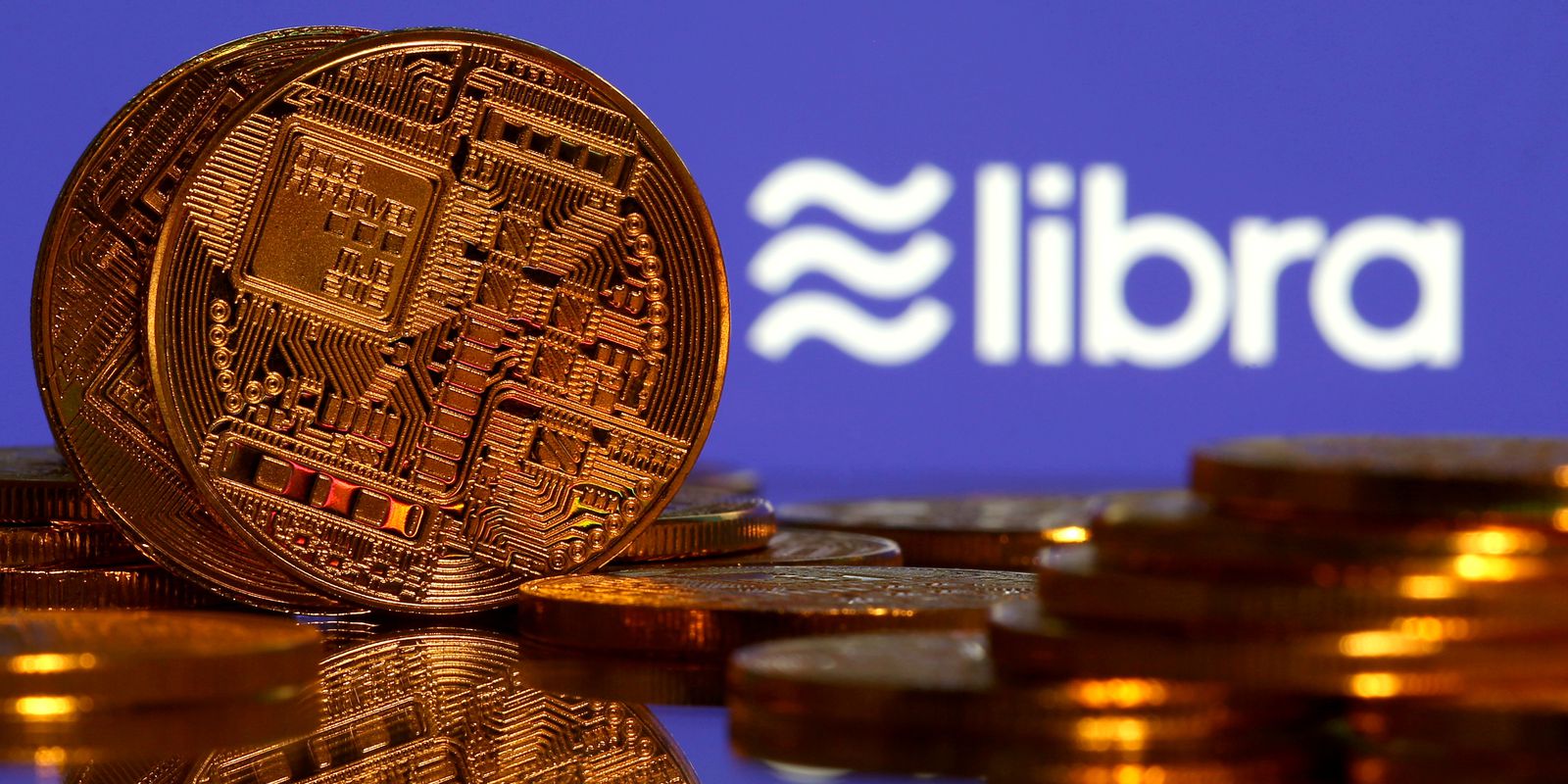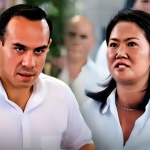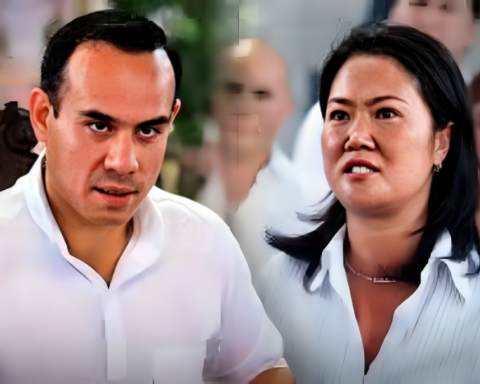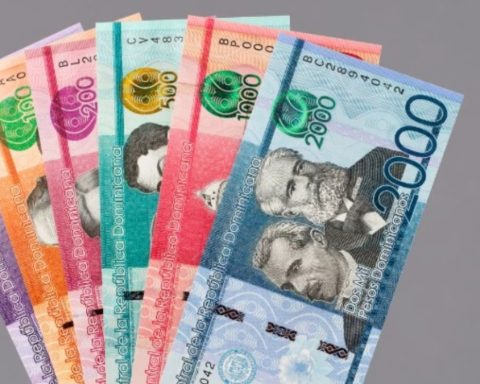Without oversight or oversight by financial system bodies, the cryptocurrency market in Brazil is in the crosshairs of Congress. This Tuesday (22), the Senate’s Committee on Economic Affairs (CAE) approved, on a final basis, a proposal that recognizes and regulates the market in the country. If there is no recourse for a vote in plenary, the text may go straight to the Chamber of Deputies.
The text is a substitute presented by Senator Irajá Abreu (PSD-TO) to three proposals that were being processed in the House on the subject. The senator from Tocantins decided to consider harmed PLs 4,207/2020 and 3,949/2019 – suggested by colleagues Soraya Thronicke (PSL-MS) and Styvenson Valentim (Podes-RN) – and only accept PL 3,825/2019, of Senator Flávio Arns (We can -PR).
According to Senator Irajá, almost 3 million people are registered with cryptocurrency exchanges. The number approximates the number of investors on the stock exchange. “Crypto asset trading companies are neither subject to regulation nor to the control of the Central Bank or the Securities and Exchange Commission (CVM), which makes it more difficult for the public authorities to identify suspicious transactions”, pondered the parliamentarian.
Unlike regular money, cryptocurrencies are launched by private agents and traded exclusively on the internet. Digital currencies use cryptographic systems to carry out transactions. Whoever has the virtual currency can only redeem it using a code provided by the person who sold it.
In 2018, BRL 6.8 billion in virtual currencies were traded in Brazil, with 23 new brokerages, known as exchanges, having been created. According to the senator, in 2019, at least 35 companies were already acting freely, without the supervision or inspection of the bodies of the financial system.
Proposal
The substitute brings rules and guidelines both for the provision of services related to virtual assets and for the operation of brokerages. For Senator Irajá, crypto is not a security, so it is not subject to inspection by the CVM, which oversees the stock market. The exception is in the case of a public offering of crypto-assets to raise funds in the financial market.
The rapporteur considers as a provider of virtual asset services the company that performs, on behalf of third parties, at least one of the services:
– redemption of cryptocurrencies (exchange for sovereign currency ex: real, dollar);
– exchange between one or more cryptocurrencies; transfer of virtual assets;
– custody or administration of these assets or instruments for controlling virtual assets;
– participation in financial services related to the offering by an issuer or the sale of virtual assets.
Regulation
Regarding regulation, according to the text, the Executive Branch will be responsible for defining which bodies should regulate and supervise cryptocurrency business, provided that certain points are considered:
– promoting free enterprise and competition;
– enforce control and separation of customer resources;
– define good governance and risk management practices;
– guarantee the security of information and the protection of personal data;
– protect and defend consumers and users and popular savings;
– ensure the soundness and efficiency of operations.
“The Executive Branch must create norms in line with international standards to prevent money laundering and the concealment of assets, as well as combat the activities of criminal organizations, the financing of terrorism and the production and trade of weapons of mass destruction”, he says. the proposal. It will also be up to the bodies appointed by the Executive to authorize the operation of brokerage firms and define which assets will be regulated.
operating license
The text admits a simplified procedure. The body may authorize the provision of other services either directly or indirectly related to the exchange’s activity. The regulator appointed by the Executive Branch may authorize the transfer of control, merger, spin-off and incorporation of the brokerage firm; establish conditions for the exercise of management positions; and authorize the possession and exercise of persons in these positions.
Also according to the proposal, to decide whether companies will have to act exclusively in the virtual assets market or not, the body is free. The hypotheses for including transactions in the foreign exchange market and the need to submit them to the regulation of Brazilian capital abroad and foreign capital in the country also need to be defined by the regulator.
sanctions
The irregular functioning of the activity subjects the brokerage house and its owners to all the penalties provided for in the white collar crimes law (Law 7,492, of 1986). The regulator must define conditions and deadlines for the registration of existing brokerage firms. The deadline for adapting to these rules is up to six months after the text is sanctioned.
The text includes in the financial crimes law (Law 7,492, of 1986) the provision of virtual asset services without prior authorization. The prescribed penalty is imprisonment from one to four years and a fine.
Another point of the proposal inserts in the Penal Code (Decree-Law 2,848, of 1940) the fraud in the provision of services of virtual assets, typified as “organizing, managing, offering portfolios or intermediating operations involving virtual assets, in order to obtain an unlawful advantage”. , to the detriment of others, inducing or keeping someone in error, through artifice, ruse, or any other fraudulent means”. The penalty is imprisonment from four to eight years.
Obligations
The body appointed by the Executive Branch must supervise brokerage firms and apply the same rules to which companies supervised by the Securities and Exchange Commission (CVM) and the Central Bank are subject. It must establish rules for the cancellation of the operating license, on its own initiative or upon request, in case of disobedience to the legislation.
It also submits brokerage firms to the rules of the money laundering law (Law 9,613, of 1998). They are required to record all transactions that exceed the limits set by the Financial Activities Control Council (Coaf), the Brazilian anti-money laundering body.
The text proposes that companies be considered financial institutions and submitted to all the norms of the financial crimes law (Law 7,492, of 1986); and also to the Consumer Defense Code (Law 8078, of 1990).
exemptions
Regarding the reduction to zero of the rates of certain taxes owed by legal entities, the idea is that the benefit will be valid until December 31, 2029 and apply to companies that buy machines (hardware) and computer tools (software) for processing, mining and preserving virtual assets.
If the machines or tools are acquired through importation, the PIS, Cofins Import, IPI Import and Import Tax rates will be zeroed. If they are acquired in the domestic market, the contribution rates for PIS, Cofins and IPI will be zeroed.
Companies that use 100% renewable energy sources in their activities and neutralize 100% of greenhouse gas emissions from these activities are entitled to zero rates. An act of the Executive Power must define the competence to authorize and supervise the granting of the exemption.
Politicians
A novelty in the text is the creation of a National Register of Politically Exposed Persons (CNPEP). The database must also be regulated by an act of the Executive Branch and published by the Transparency Portal. The measure also impacts the money laundering law.
The bodies and entities of any Powers of the Union, the states, the Federal District and the municipalities must forward to the CNPEP manager updated information on their members or former members classified as politically exposed persons in the current legislation and regulation. The managing body of the CNPEP must indicate bodies and entities that fail to comply with the obligation.
Institutions regulated by the Central Bank must consult CNPEP to implement money laundering prevention policies and assess credit risk, through an agreement with the body responsible for the registry defined by mutual agreement. Other institutions can join the agreement with the registry, aiming to combat and prevent money laundering.
*with information from the Senate Agency

















